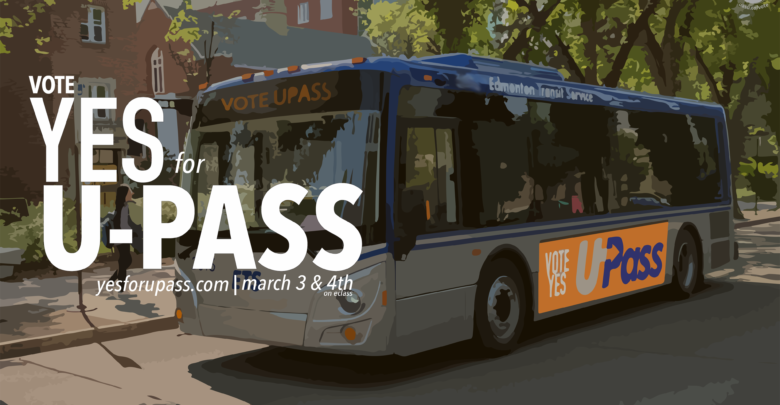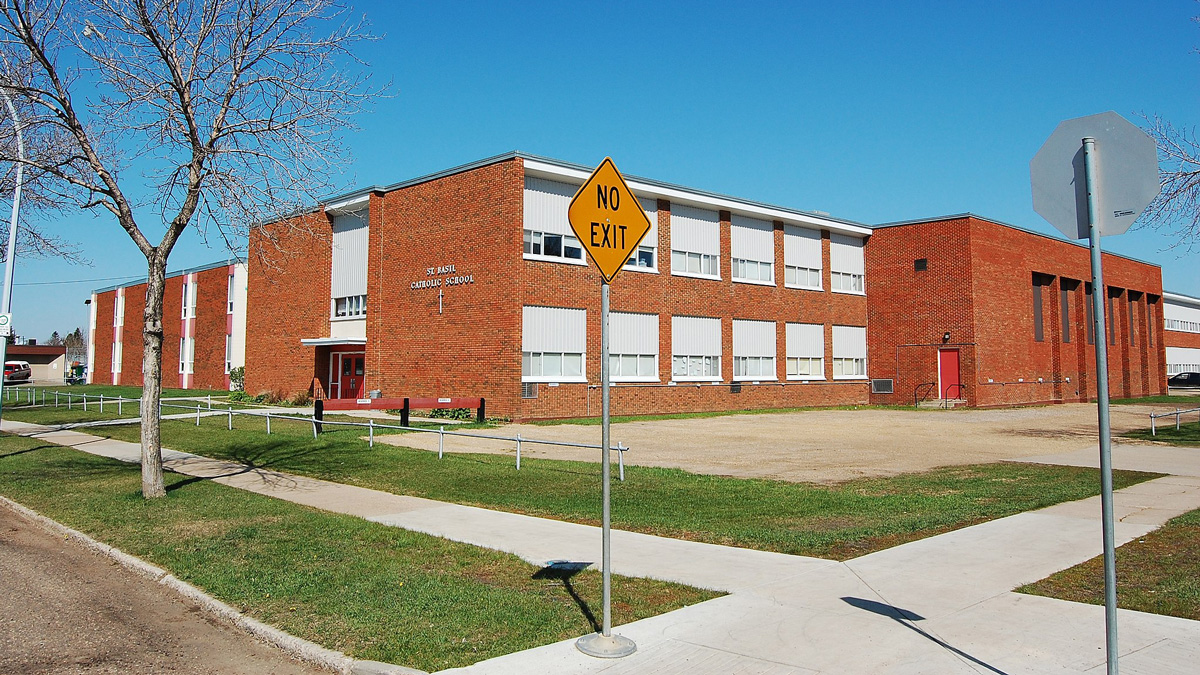A future without the U-Pass is more than grim
If the U-Pass fails, students will find themselves in an increasingly precarious position
 Pia Co
Pia CoWhat happens if the U-Pass referendum fails? That is the question on many students’ minds heading into the UASU elections and one that was posed to Alana Krahn, the current vice-president (operations and finance), at The Gateway election forum on February 23.
Krahn expressed that in the event that the U-Pass referendum fails, the results would be grim.
She also reminded students that the U-Pass protects them from the whims of Edmonton Transit Service (ETS) and the Edmonton City Council imposing unpredictable fare hikes. Without a contract guaranteeing a set price for a four-year period, students would be subject to paying these higher and more unstable prices to access transit.
Many students at the U of A rely on the affordability of the U-Pass to access school and a myriad of other activities in their day-to-day lives. Heading out of a pandemic, which has increased student financial instability, without access to affordable transit would be detrimental to the student body.
Without the U-Pass, U of A students could find themselves paying hundreds of dollars more per semester on transit, making access to campus and many other locations a much more concerning expense.
Life without a U-Pass would also undoubtedly be less convenient, moving from picking up a sticker once a semester to consistently needing to ensure that you’ve secured your monthly or daily fare products.
The U-Pass referendum campaign representative continued to avoid explicitly saying that students would be paying $22 more per semester due to the loss of the university provided subsidy but did express hope that there could be future discussions on reimplementing the subsidy once the revenue sources that once funded it return.
What Krahn did not express hope for was the future of U-Pass contracts for U of A students if this year’s referendum fails. While other post-secondary institutions which pass U-Pass referenda would continue to benefit from the pass, Krahn said, U of A students would lose the cheapest option for transit access.
So far this year, NAIT students voted to renew their U-Pass contract while Grant MacEwan is set to vote in March.
Stating that U of A students make up a large portion of U-Pass users, Krahn added that the future of contracts may be jeopardized by failing to pass the 2021-25 contract and that if another were ever created, it could cost substantially more.
Losing the university funded subsidy is not ideal for students. However, as Krahn doubled down at The Gateway election forum, voting down the U-Pass referendum will not bring it back. What a failed U-Pass referendum would mean is the loss of protections for U of A students against ETS and city council altering fare policies as well as the potential for a permanent loss of the cost saving pass for U of A students extending beyond the next four years.
While any added costs to students right now should not be taken lightly, giving up the U-Pass comes with severe consequences that voters need to consider.




